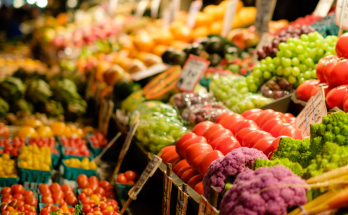Algeria is facing a multifaceted crisis, one of the most serious since the North African country gained independence in 1962. Boiling social and economic unrest has combined with continuing political demands that began with the Hirak uprising of 2019 that called for the end to the decades-long rule of Abdelaziz Bouteflika.
Jane Herbelin reports for Worldcrunch that the economic hardship is increasingly being measured by the shortage of a staple product that is a key ingredient in such national dishes as tagine or chtitha batata: the potato. Indeed, the price of potatoes has almost tripled on the Algerian market in just a few months, becoming a symbol of the nation’s deteriorating economic situation, stirring up anger within modest households and igniting the risk of street protests.
As the pan-African daily Jeune Afrique reports, with a sharp increase from 60 dinars ($0.43) to 140 dinars (1$) per kilogram, the humble potato was hit hard, especially considering that the monthly minimum wage in the country is less than 20,000 dinars ($144). This means that for the poorest citizens, one hour of work isn’t enough to afford a kilogram of potatoes, one of the most basic and essential goods for Algerian households.
In an attempt to regulate the so-called “potato crisis,” the government announced last month the establishment of direct sales operations of potatoes at a fixed price of 50 dinars per kilo, and said it would begin urgent importing of the staple.
Click here for the full article


